If you've ever experienced a clogged or smelly kitchen sink, you know how unpleasant and frustrating it can be. But what exactly causes these issues? Well, there could be a few different reasons why your kitchen sink is clogged or emitting a foul odor. Food and Grease Buildup: Over time, food particles, grease, and other debris can accumulate in your kitchen sink pipes, leading to clogs and unpleasant smells. Foreign Objects: Sometimes, objects like utensils or small toys can accidentally fall into the sink and get stuck in the pipes, causing a blockage. Pipe Damage: Older or damaged pipes can also contribute to clogs and smells in your kitchen sink.1. Causes of Clogs and Smells in Kitchen Sinks
There are several methods you can try to unclog your kitchen sink, depending on the severity of the clog. Plunger: One of the most common and effective ways to unclog a sink is by using a plunger. Make sure to cover the drain completely and plunge up and down vigorously to dislodge the clog. Baking Soda and Vinegar: This natural solution can help break down and dissolve clogs. Start by pouring half a cup of baking soda down the drain, followed by a cup of vinegar. Let it sit for a few minutes before flushing with hot water. Boiling Water: For minor clogs, simply pouring a pot of boiling water down the drain can help loosen and remove debris.2. How to Unclog a Kitchen Sink
If your kitchen sink is emitting a foul odor, there are a few simple household items you can use to get rid of the smell. Lemon Juice and Baking Soda: Mix a cup of lemon juice with a cup of baking soda and pour it down the drain. Let it sit for 10-15 minutes before flushing with hot water. The acidity of the lemon juice helps neutralize odors. Ice Cubes and Salt: This method helps remove any buildup and residue from the walls of your pipes. Simply pour a cup of ice cubes and a cup of salt down the drain and run cold water for a few seconds.3. DIY Solutions for Smelly Kitchen Sinks
Aside from the DIY solutions mentioned above, there are other household items you can use to tackle clogs and smells in your kitchen sink. Dish Soap: Pour a few tablespoons of dish soap down the drain and let it sit for a few minutes before flushing with hot water. The soap can help break down grease and grime in your pipes. Baking Soda and Salt: Mix equal parts baking soda and salt and pour it down the drain. Follow with a pot of boiling water to help dissolve any clogs.4. Common Household Items That Can Help with Clogs and Smells in Kitchen Sinks
If the clogs and smells in your kitchen sink seem to persist despite your DIY efforts, it may be time to call in the professionals. Plumbers have specialized tools and techniques to effectively remove stubborn clogs and fix any underlying pipe issues.5. Professional Plumbing Services for Clogged and Smelly Kitchen Sinks
If you prefer to avoid using harsh chemicals in your kitchen sink, there are natural remedies you can try to eliminate odors. Borax and Lemon Juice: Mix a cup of borax with a cup of lemon juice and pour it down the drain. Let it sit for a few minutes before flushing with hot water. Borax has natural disinfectant properties, while the lemon juice helps neutralize odors. Vinegar and Salt: Mix half a cup of vinegar with a quarter cup of salt and pour it down the drain. Let it sit for 10-15 minutes before flushing with hot water.6. Natural Remedies for Kitchen Sink Odors
The best way to deal with clogs and smells in your kitchen sink is to prevent them from happening in the first place. Here are some tips to keep your kitchen sink clean and odor-free: Regular Cleaning: Make sure to clean your sink and drain regularly to prevent any buildup of food particles and grease. Use a Sink Strainer: Invest in a sink strainer to catch large food particles and prevent them from going down the drain. Dispose of Grease Properly: Avoid pouring grease down the drain as it can solidify and cause clogs. Instead, dispose of it in a container and throw it in the trash.7. Preventing Clogs and Smells in Kitchen Sinks
While minor clogs can usually be taken care of with DIY solutions, there are certain signs that indicate a more serious clog that requires professional help. Slow Draining: If your sink is draining slowly, it could be a sign of a clog that is deep in your pipes. Foul Odors: Persistent foul odors despite your efforts to eliminate them could be a sign of a serious clog. Backups in Other Drains: If water backs up in other drains when you use your kitchen sink, it could indicate a clog in your main sewer line.8. Signs of a Serious Clog in Your Kitchen Sink
No one wants a stinky kitchen sink. Here are a few more tips to help get rid of foul odors: Boiling Water and Salt: Pour a pot of boiling water down the drain and follow it with a quarter cup of salt. Let it sit for a few minutes before flushing with cold water. Baking Soda and Vinegar Soak: Mix equal parts baking soda and vinegar and pour it down the drain. Let it sit for 15-20 minutes before flushing with hot water.9. How to Get Rid of Foul Odors Coming from Your Kitchen Sink
Prevention is key when it comes to keeping your kitchen sink free from clogs and smells. Regularly cleaning your sink and drain not only helps prevent issues, but it also keeps your kitchen smelling fresh and clean. Try to make it a habit to clean your sink at least once a week, and always make sure to thoroughly rinse food scraps and grease from your dishes before washing them in the sink. By following these tips and taking care of any clogs or smells promptly, you can keep your kitchen sink in top shape and avoid any unpleasant surprises in the future.10. The Importance of Regularly Cleaning Your Kitchen Sink to Avoid Clogs and Smells
The Importance of Proper Drainage in Kitchen Design

Ensuring a Clean and Fresh Kitchen Atmosphere
:max_bytes(150000):strip_icc()/how-to-unclog-a-kitchen-sink-2718799_sketch_FINAL-8c5caa805a69493ab22dfb537c72a1b7.png) Proper drainage is a crucial element in kitchen design, as it plays a significant role in maintaining a clean and fresh atmosphere. A
clogged
and
smelly
kitchen sink can not only be a major inconvenience, but it can also lead to unpleasant odors and even health hazards. As such, it is essential to address any
clogging
and
odor
issues in your kitchen sink promptly to maintain a hygienic and pleasant environment.
Proper drainage is a crucial element in kitchen design, as it plays a significant role in maintaining a clean and fresh atmosphere. A
clogged
and
smelly
kitchen sink can not only be a major inconvenience, but it can also lead to unpleasant odors and even health hazards. As such, it is essential to address any
clogging
and
odor
issues in your kitchen sink promptly to maintain a hygienic and pleasant environment.
The Culprits Behind Clogs and Odors
 There are several factors that can contribute to
clogs
and
odors
in your kitchen sink. One of the most common causes is a buildup of food scraps and debris in the drain pipes. This can happen when food scraps are not properly disposed of or if the sink does not have a strainer to catch larger particles. Another common culprit is the accumulation of grease and oil, which can solidify and block the drain over time.
There are several factors that can contribute to
clogs
and
odors
in your kitchen sink. One of the most common causes is a buildup of food scraps and debris in the drain pipes. This can happen when food scraps are not properly disposed of or if the sink does not have a strainer to catch larger particles. Another common culprit is the accumulation of grease and oil, which can solidify and block the drain over time.
The Importance of Proper Drainage in Kitchen Design
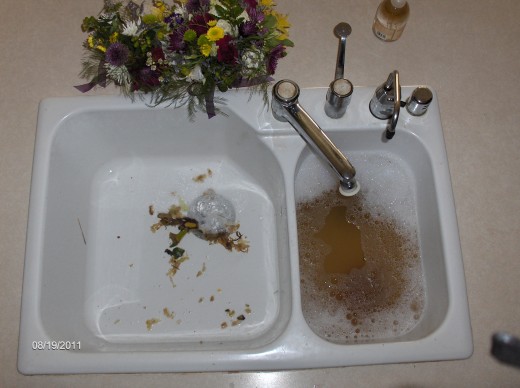 Proper drainage in kitchen design goes beyond just installing a functional sink and drain system. It also involves considering the layout and placement of the sink and ensuring that it is well-ventilated. A poorly designed sink can lead to standing water, which can attract bacteria and cause unpleasant odors. Additionally, a poorly ventilated sink can trap odors and make them linger in the kitchen.
Proper drainage in kitchen design goes beyond just installing a functional sink and drain system. It also involves considering the layout and placement of the sink and ensuring that it is well-ventilated. A poorly designed sink can lead to standing water, which can attract bacteria and cause unpleasant odors. Additionally, a poorly ventilated sink can trap odors and make them linger in the kitchen.
Solutions for Clogs and Odors
 To prevent
clogs
and
odors
in your kitchen sink, it is essential to have a regular cleaning and maintenance routine. This includes using a sink strainer to catch food scraps, regularly disposing of cooking oil and grease, and running hot water down the drain after each use. In cases of persistent clogs, a plunger or a drain snake can be used to clear the blockage.
To prevent
clogs
and
odors
in your kitchen sink, it is essential to have a regular cleaning and maintenance routine. This includes using a sink strainer to catch food scraps, regularly disposing of cooking oil and grease, and running hot water down the drain after each use. In cases of persistent clogs, a plunger or a drain snake can be used to clear the blockage.
Conclusion
 In conclusion, proper drainage is a crucial element in kitchen design that should not be overlooked. It not only ensures a clean and fresh atmosphere but also helps to prevent potential health hazards. By understanding the causes of
clogs
and
odors
in kitchen sinks and implementing preventative measures, you can maintain a hygienic and pleasant kitchen environment. Remember, a well-designed and well-maintained kitchen sink is the key to a happy and healthy home.
In conclusion, proper drainage is a crucial element in kitchen design that should not be overlooked. It not only ensures a clean and fresh atmosphere but also helps to prevent potential health hazards. By understanding the causes of
clogs
and
odors
in kitchen sinks and implementing preventative measures, you can maintain a hygienic and pleasant kitchen environment. Remember, a well-designed and well-maintained kitchen sink is the key to a happy and healthy home.








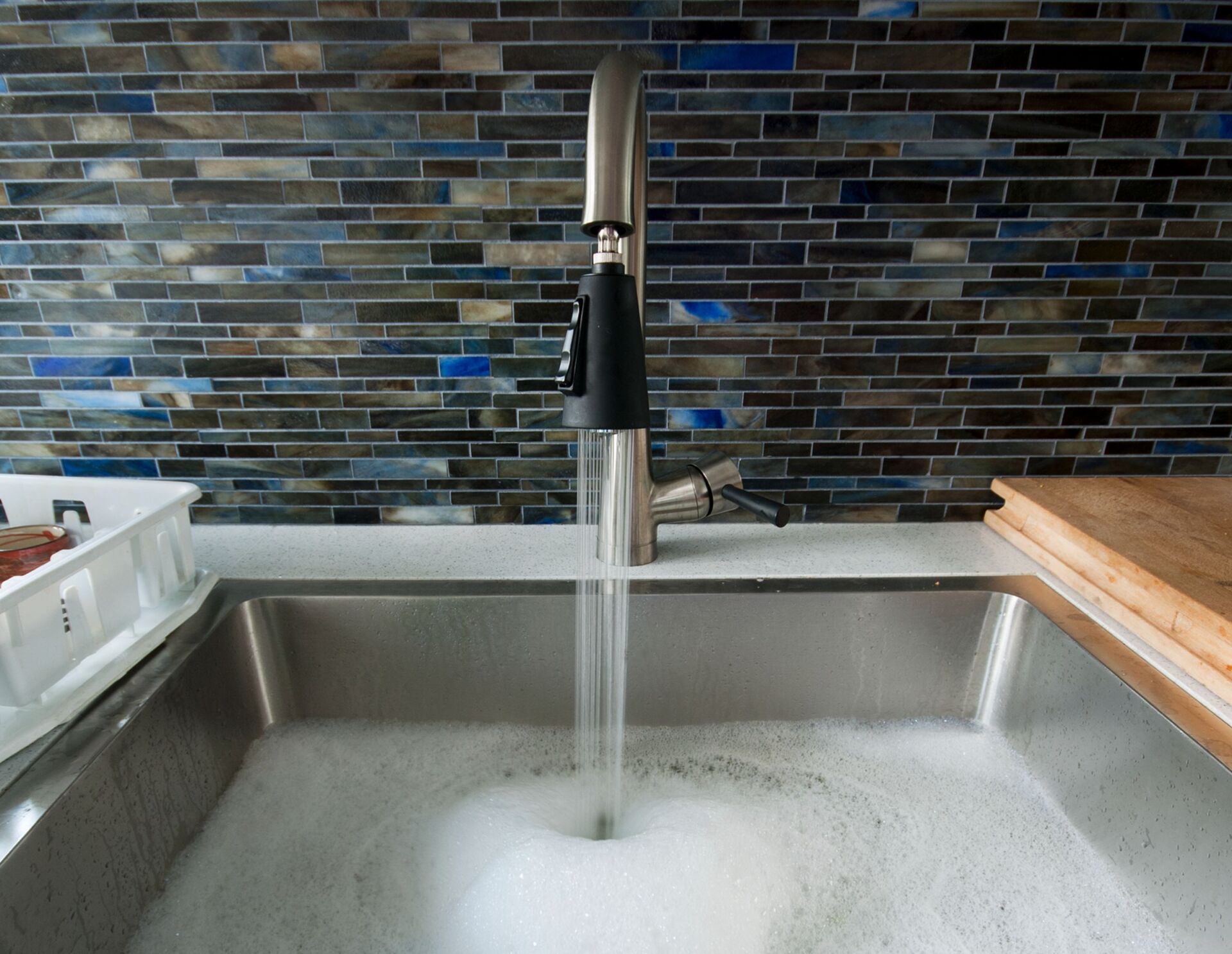




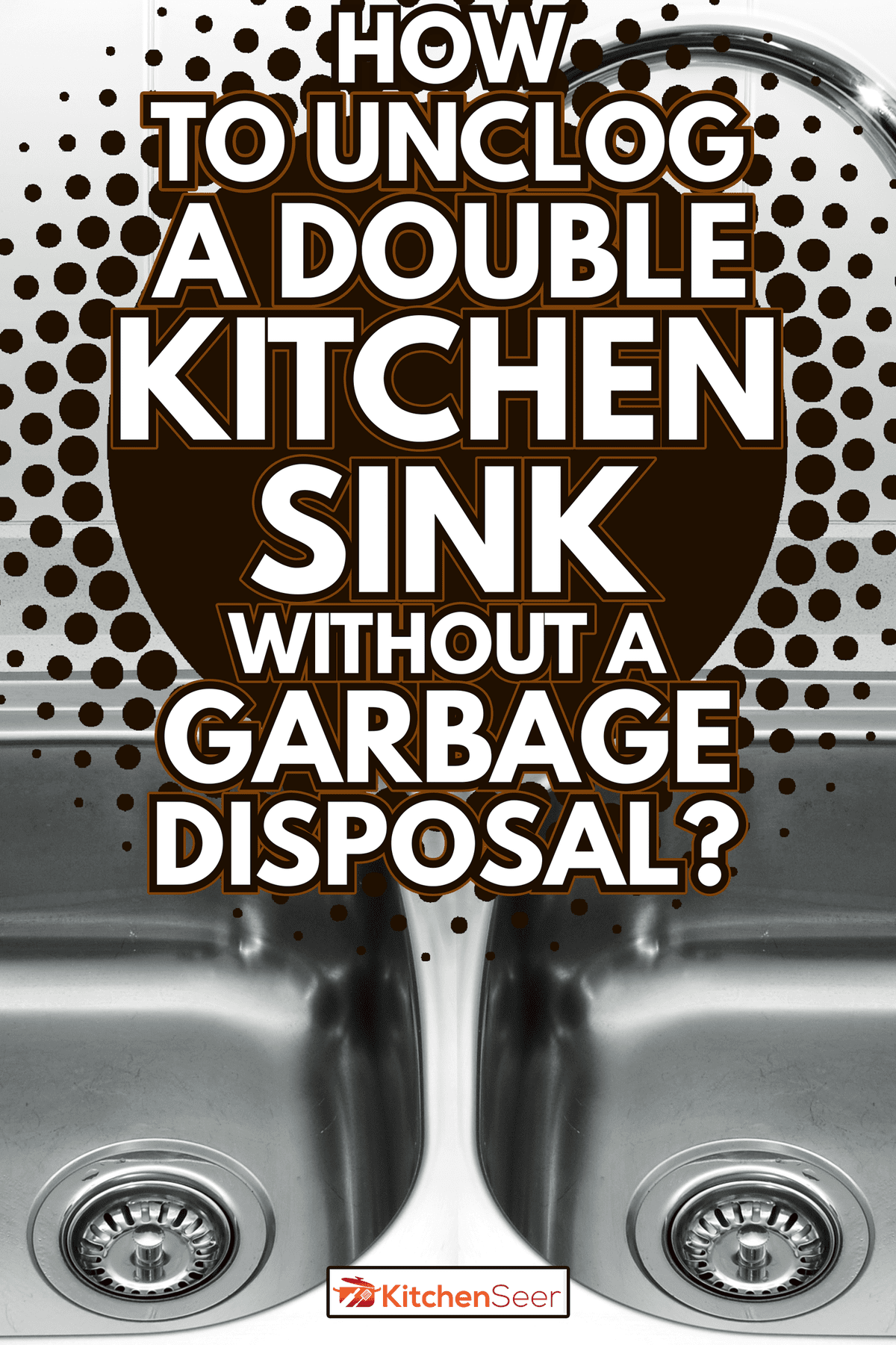

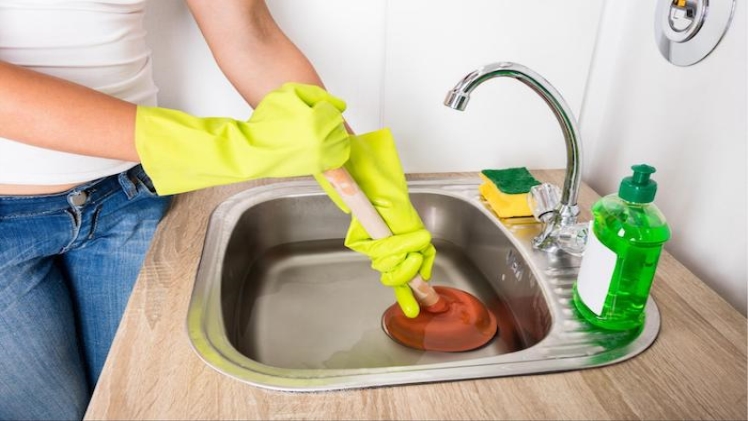



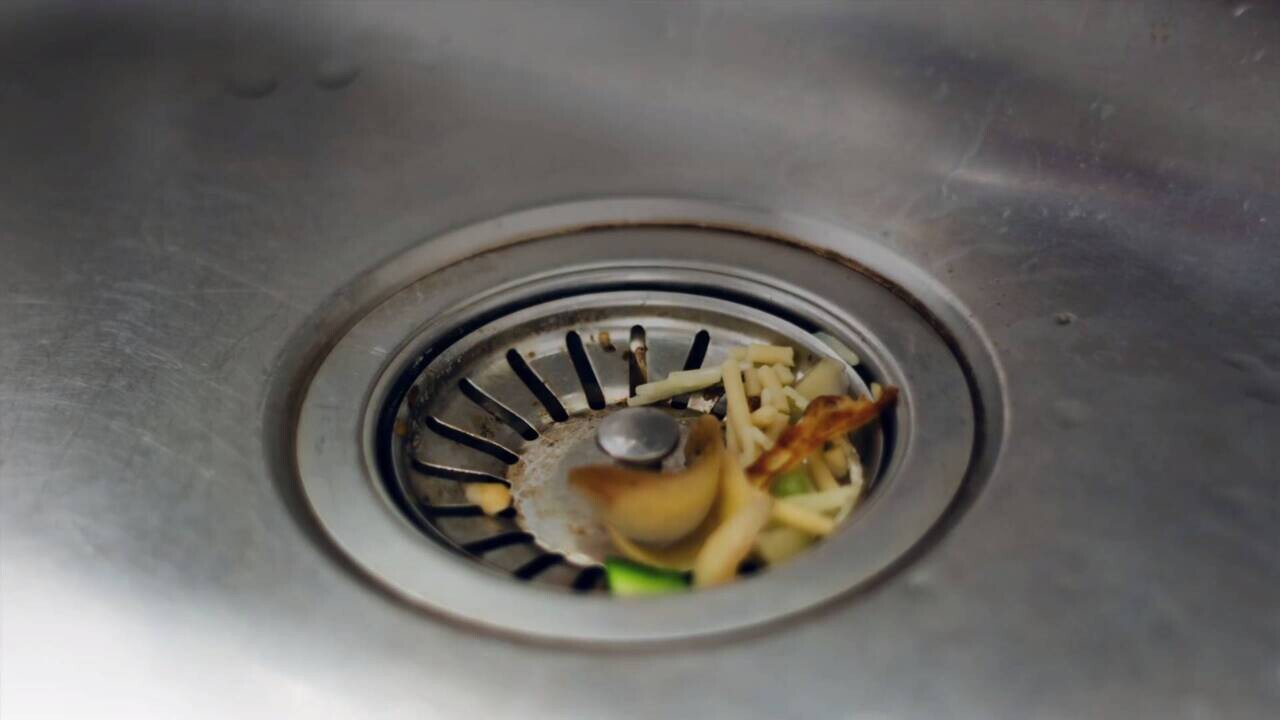







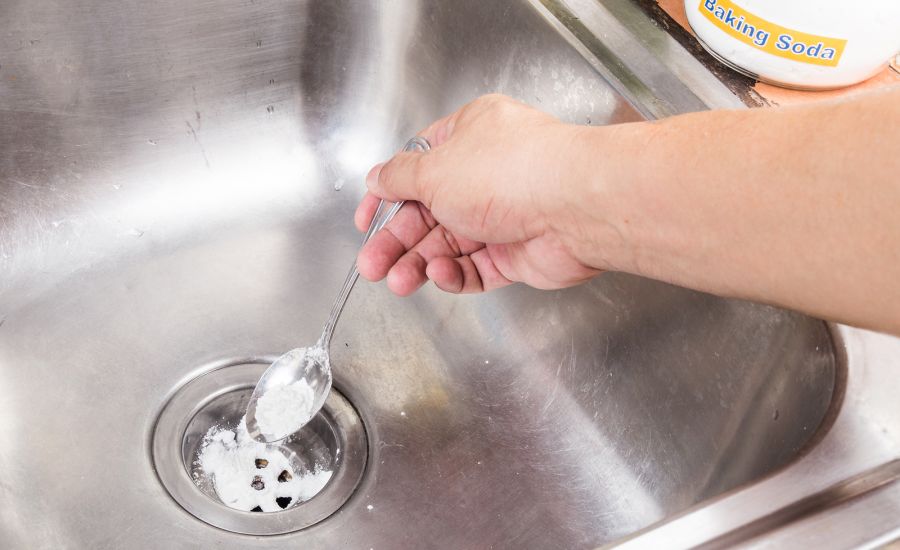



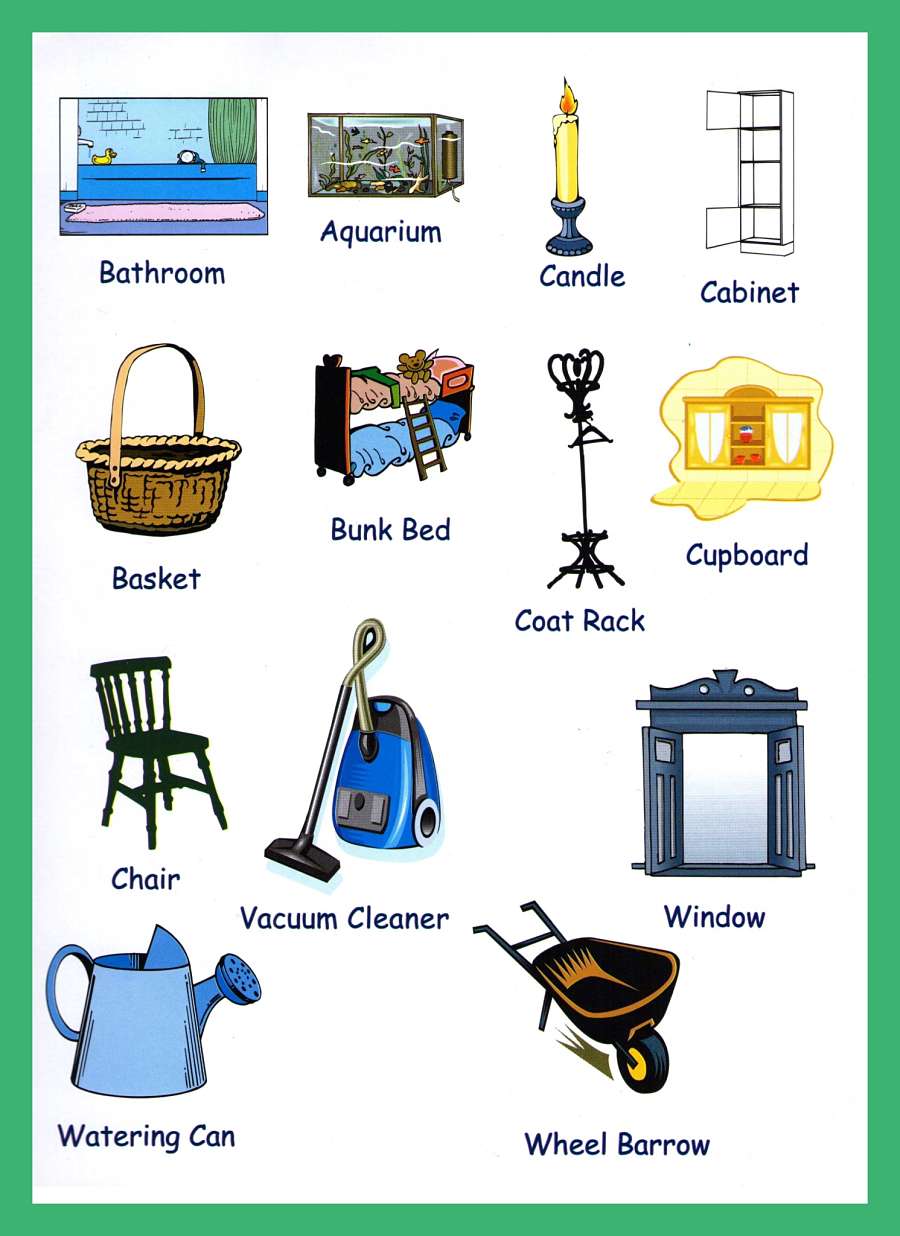







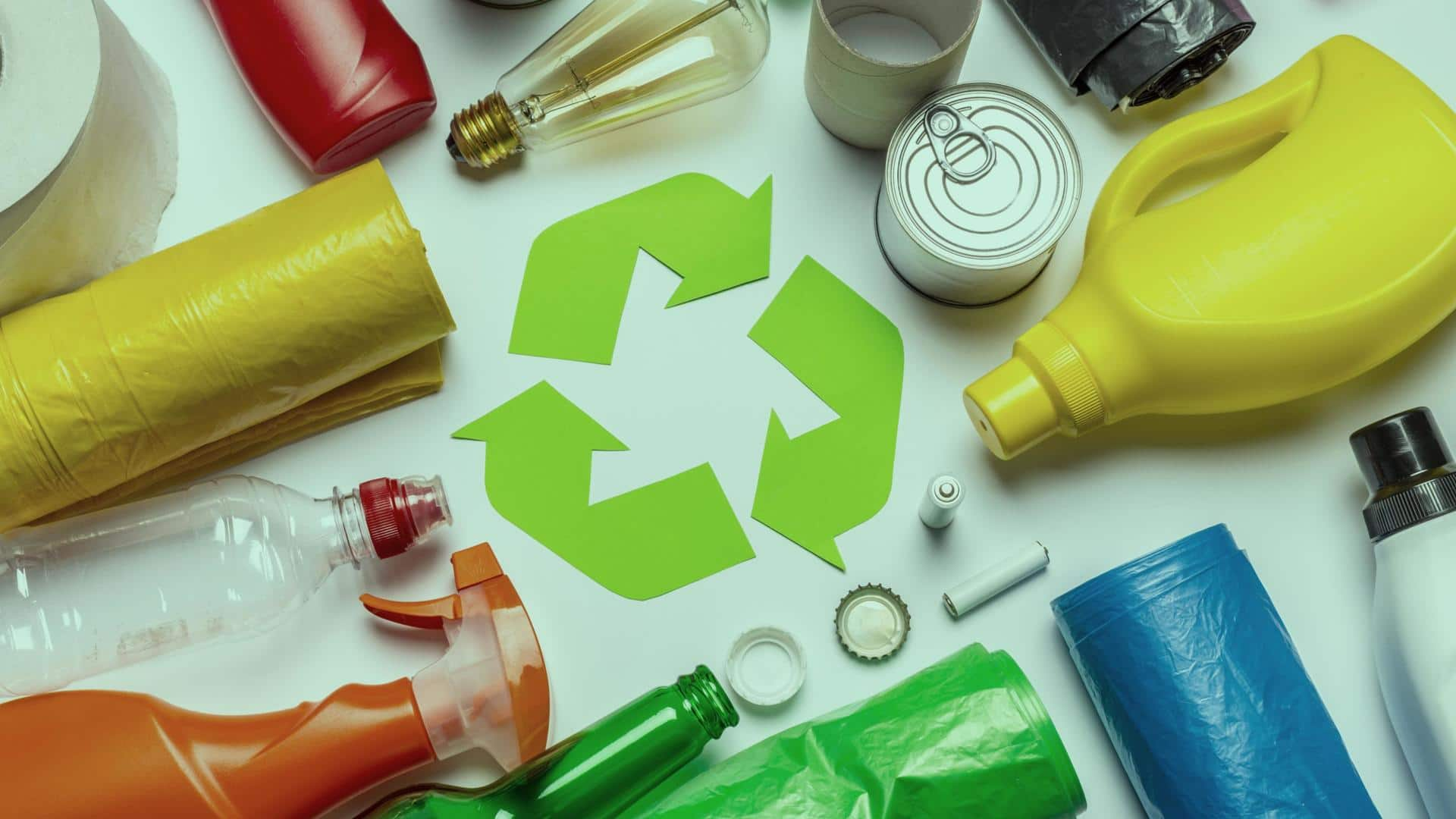



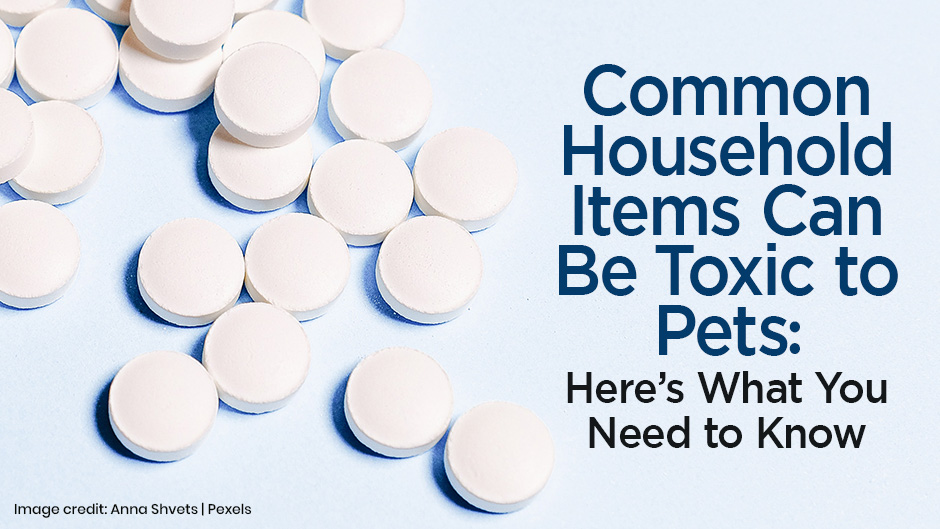




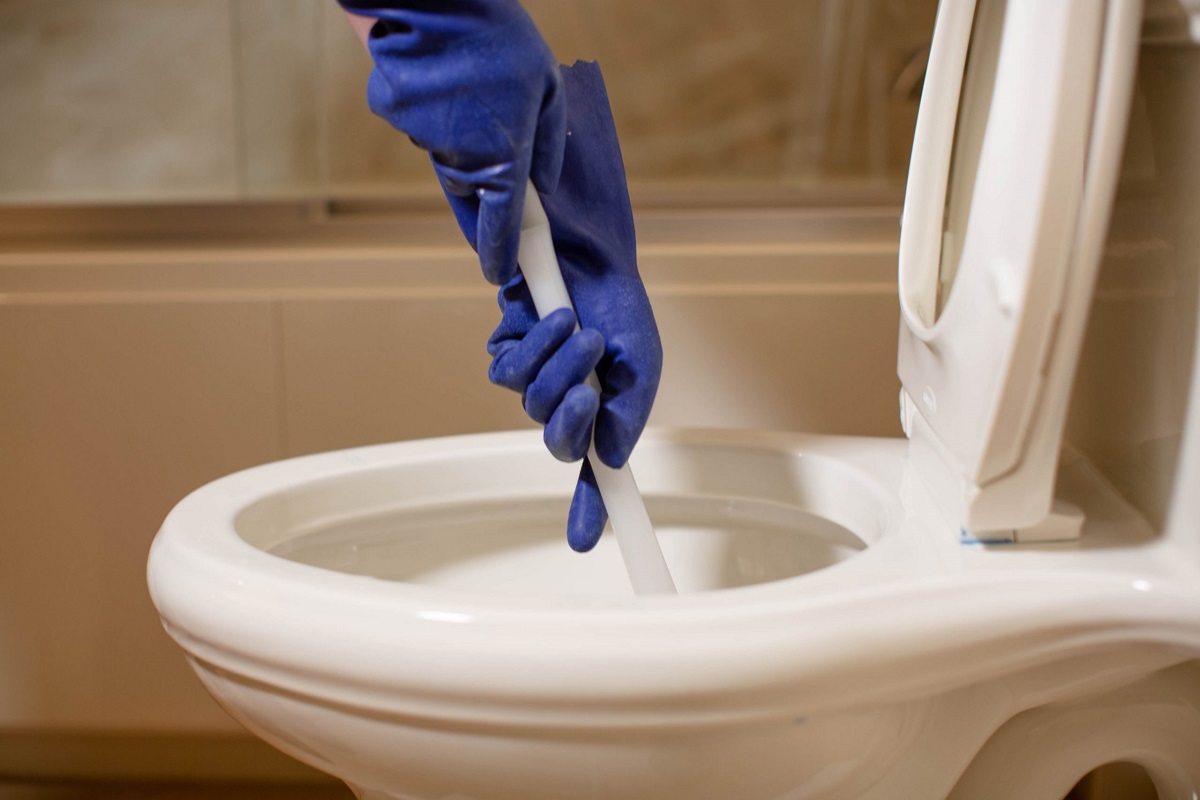

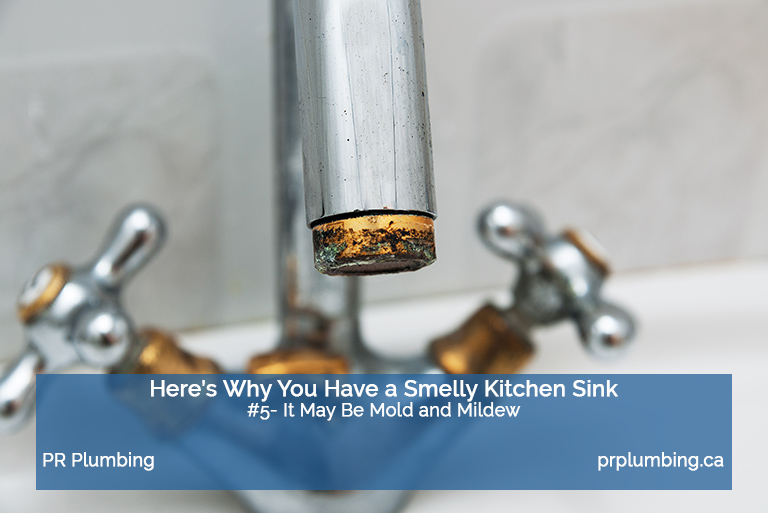





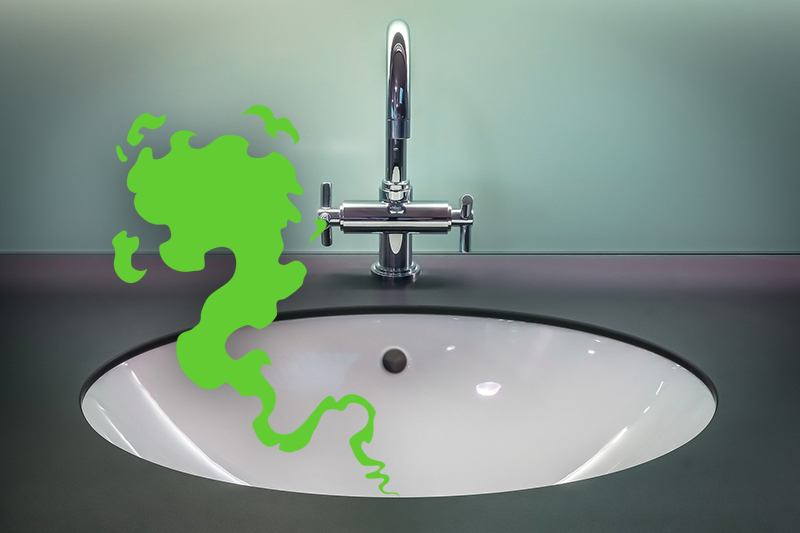

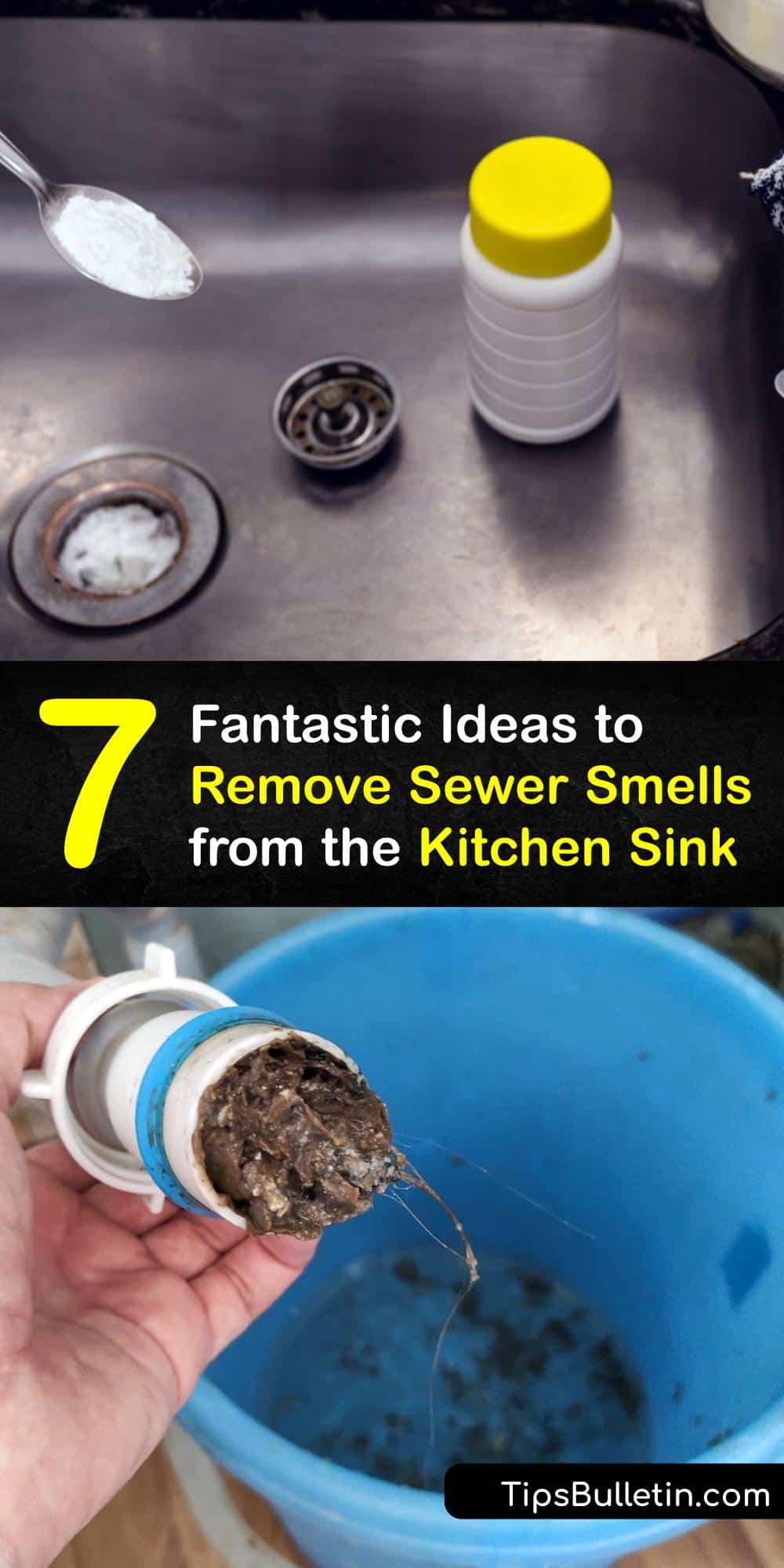



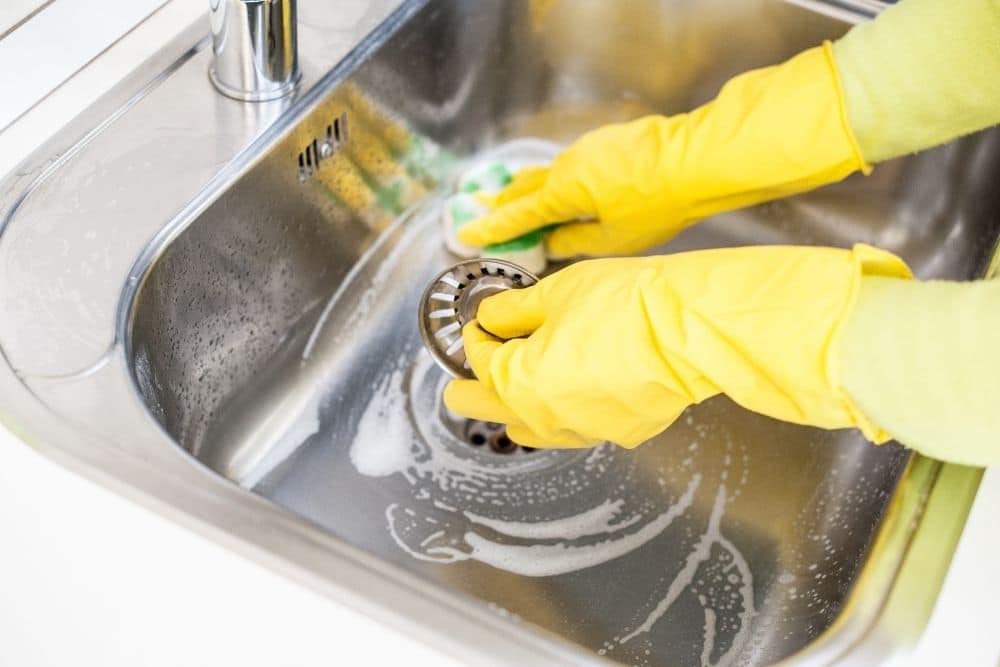

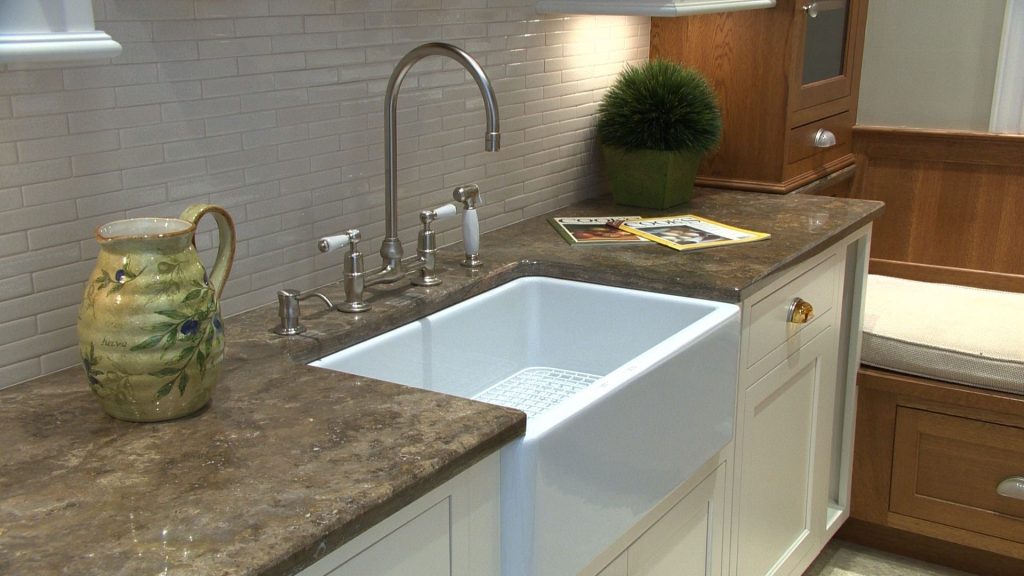











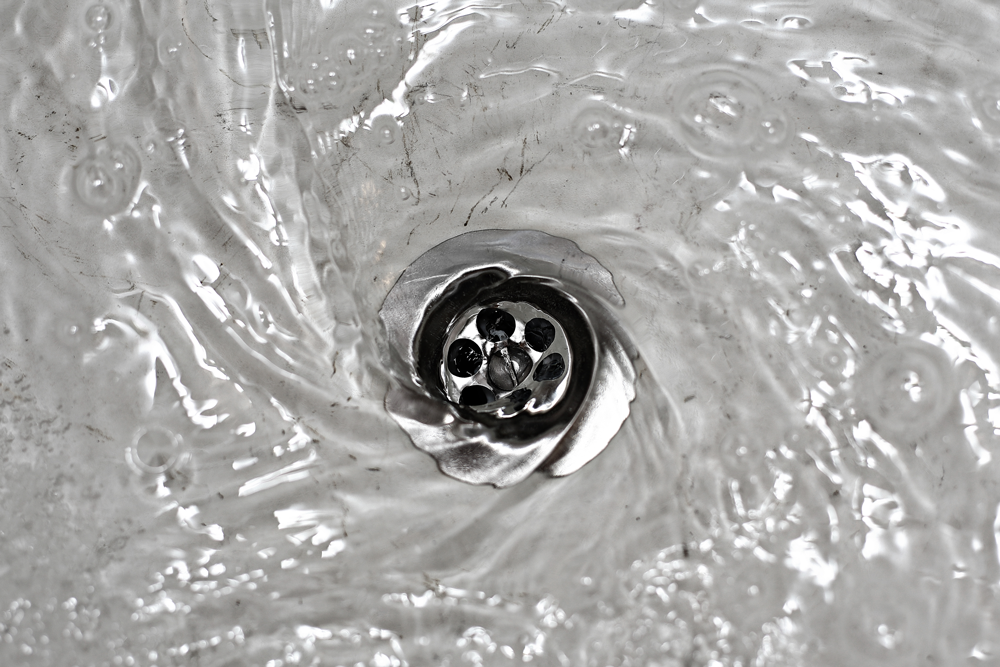













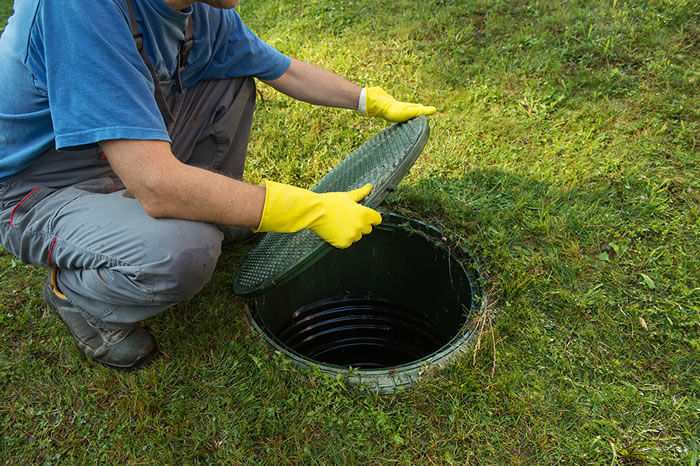



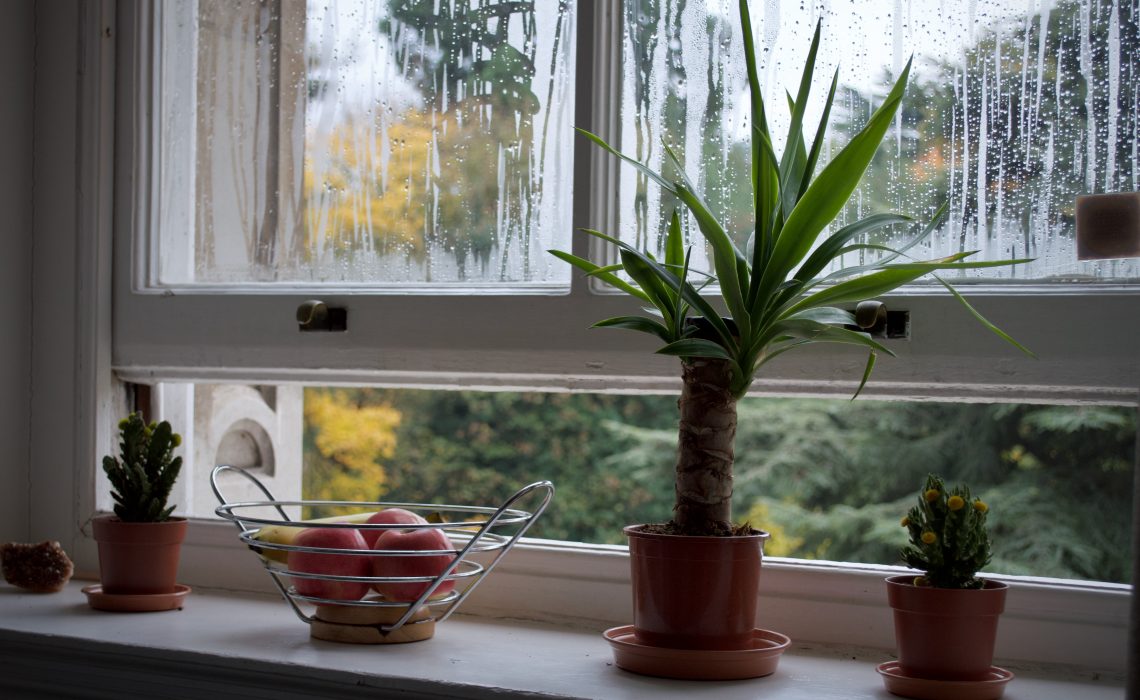



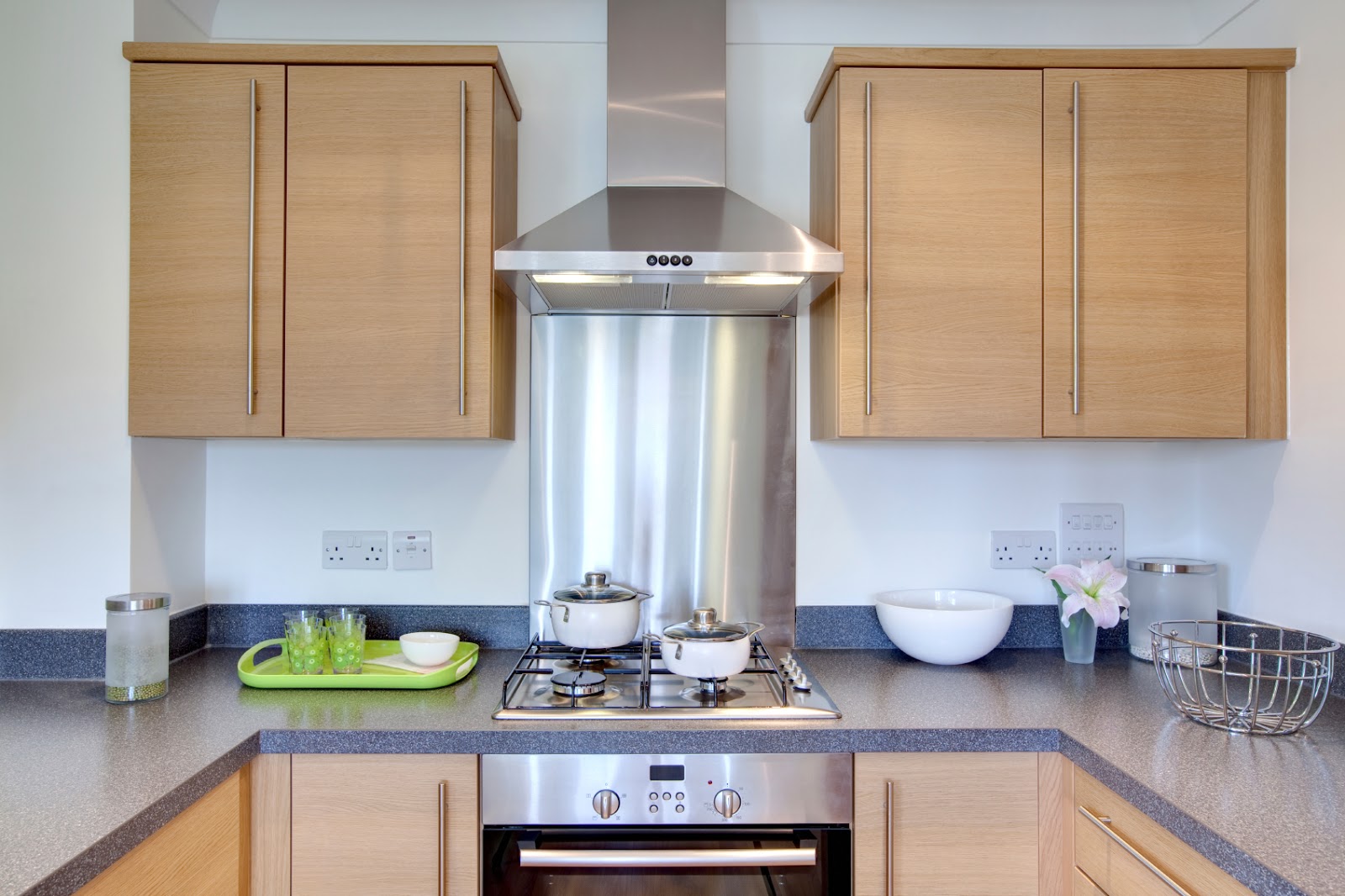






:max_bytes(150000):strip_icc()/Basic-kitchen-sink-types-1821207_color_rev-0b539306b9ef4236a136624ad2a89a4c.jpg)






